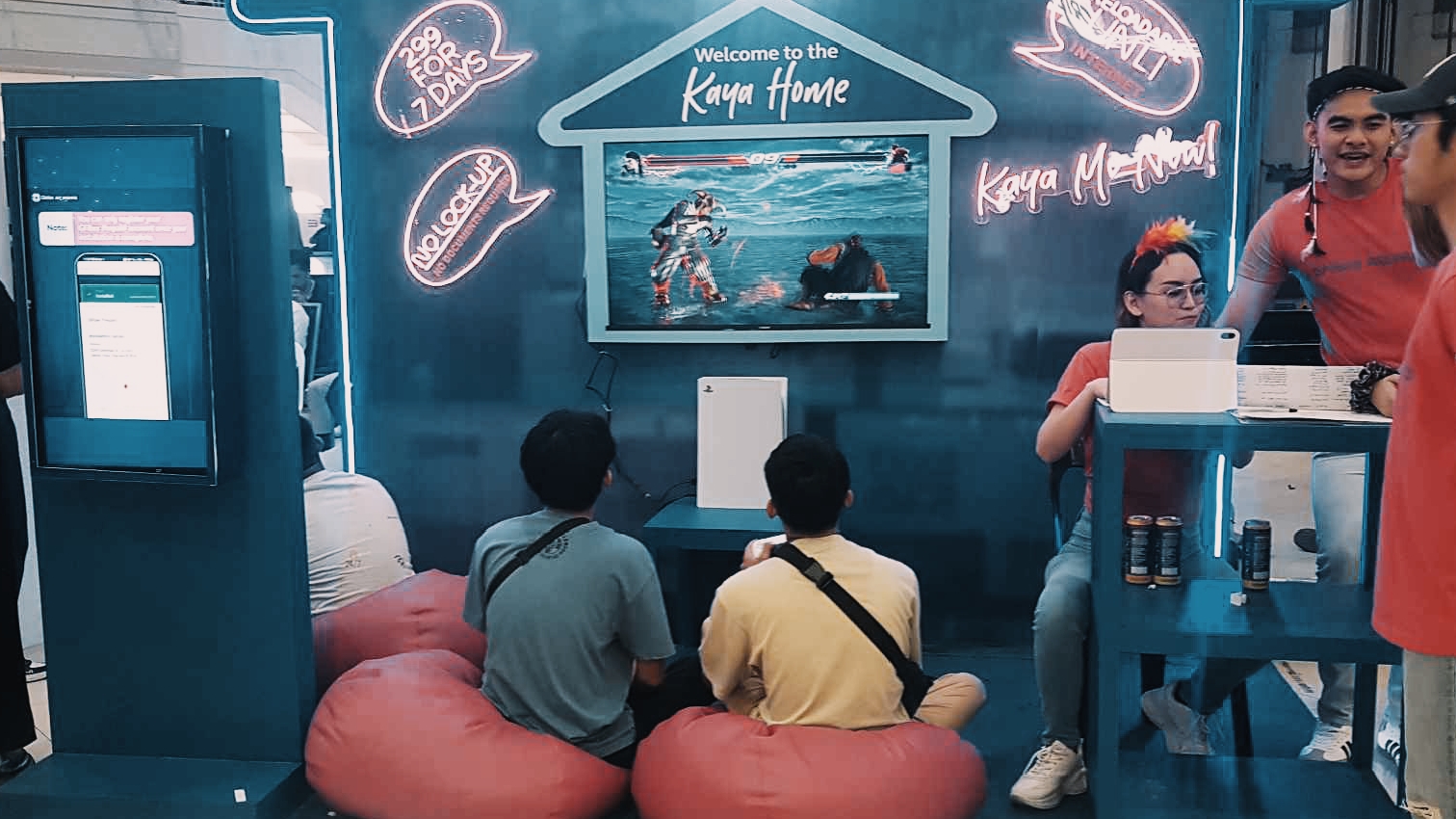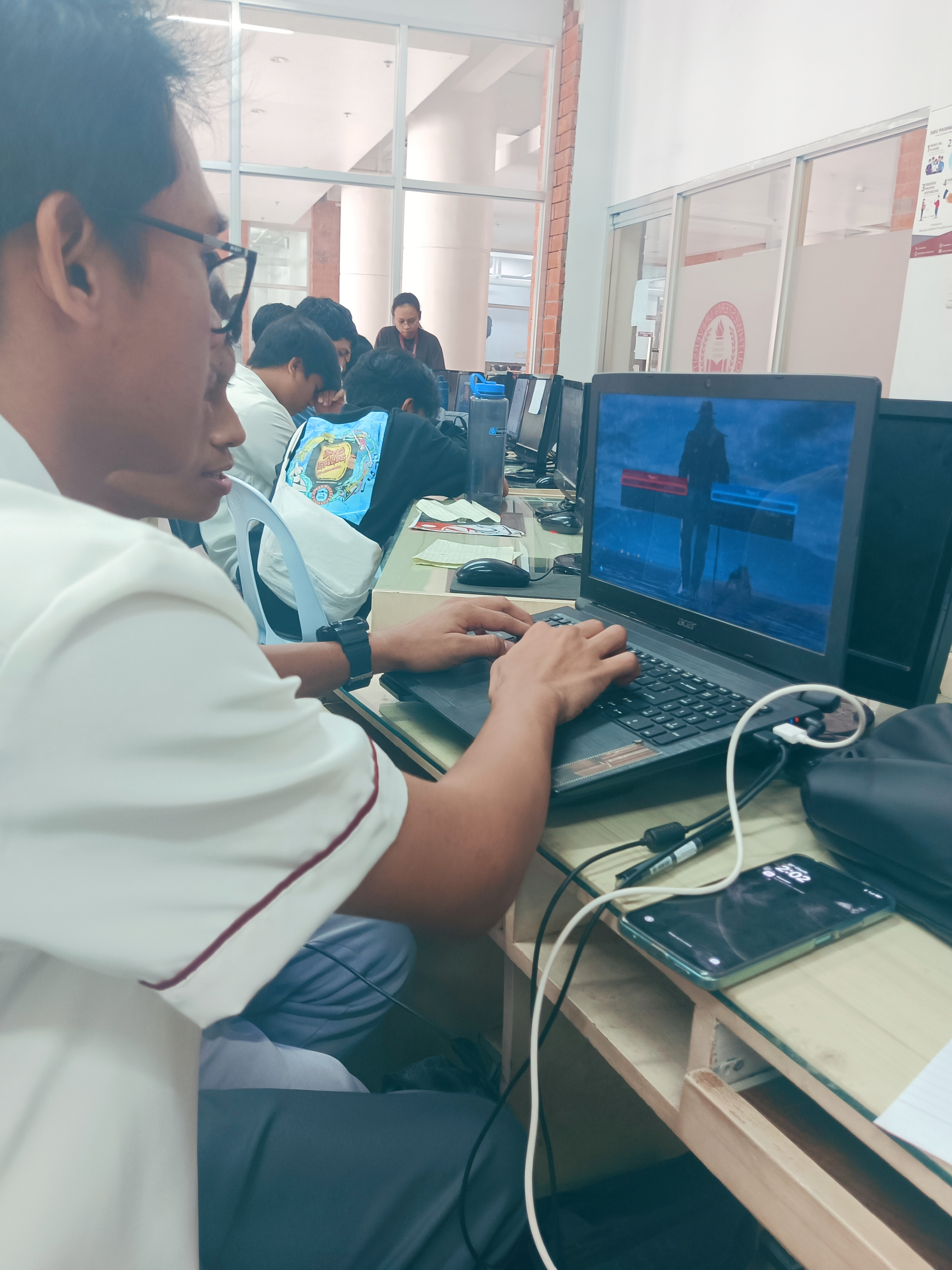
Hi! Gamers
CONTROL PLAY
ADVOCATES
Empowering gamers to take control of their playtime. Join us at Control Play Advocates as we shed light on gaming addiction and provide practical tips for healthier gaming habits.
Join UsWhat we Stand For?
Ctrl Play Advocates is all about shedding light on the challenges of video game addiction and providing practical tips, insights, and resources to empower gamers to take control of their playtime. We believe that gaming should enhance lives, not hinder them!
Control Play Advocates raises awareness about video game addiction, offering practical tips for healthy gaming. We believe in mindful gaming for a positive experience
Our community supports balancing gaming with life through shared experiences and expert advice, empowering responsible gaming for overall well-being.
MISSION
- Raise awareness about video game addiction.
- Share strategies for maintaining a healthy gaming routine.
- Foster a supportive community for gamers seeking balance.
- Celebrate the positive aspects of gaming culture.
VISION
Empowering individuals to achieve a balanced and healthy relationship with video games, fostering a society where gaming is enjoyed responsibly and without detriment to mental, physical, or social well-being.


What is Gaming Addiction?
Video game addiction, also known as gaming disorder or internet gaming disorder, is a behavioral addiction characterized by excessive and compulsive engagement with video games, leading to significant impairment in various aspects of life such as social, academic, occupational, and psychological functioning. It involves persistent and escalating patterns of gaming behavior despite negative consequences.
Signs of Gaming Addiction

Preoccupation with Gaming:
Individuals who are addicted to gaming often have an intense preoccupation with gaming-related activities. They may constantly think about gaming, plan their gaming sessions in advance, or feel restless and distracted when not playing. This preoccupation can interfere with their ability to focus on other tasks or responsibilities, leading to neglect of work, school, or social obligations.

Withdrawal Symptoms:
Similar to other forms of addiction, individuals with gaming addiction may experience withdrawal symptoms when they are unable to play video games. These symptoms can include irritability, agitation, restlessness, anxiety, or depression. They may feel a strong urge to play games to alleviate these negative feelings, which perpetuates the cycle of addiction.

Loss of Control:
One of the hallmark signs of addiction is the inability to control gaming behavior despite negative consequences. People with gaming addiction may find themselves unable to limit the amount of time they spend gaming, even when they recognize the negative impact it has on their life. They may repeatedly try to cut back on gaming or quit altogether but find themselves unable to do so.

Set Boundaries:
Define specific times for gaming and stick to them. Create a schedule that allows you to enjoy your favorite games without encroaching on other important aspects of your life.
Diversify Activities:
Explore other hobbies and activities outside of gaming. Whether it's sports, reading, or creative pursuits, diversifying your interests can provide a well-rounded lifestyle.
Take Breaks:
Incorporate regular breaks during your gaming sessions. Use this time to stretch, hydrate, and give your eyes a break. It not only benefits your physical health but also enhances your overall gaming experience.
Socialize Offline:
Balanceyour online social interactions with real-life connections. Plan activities with friends and family, fostering relationships beyond the virtual realm